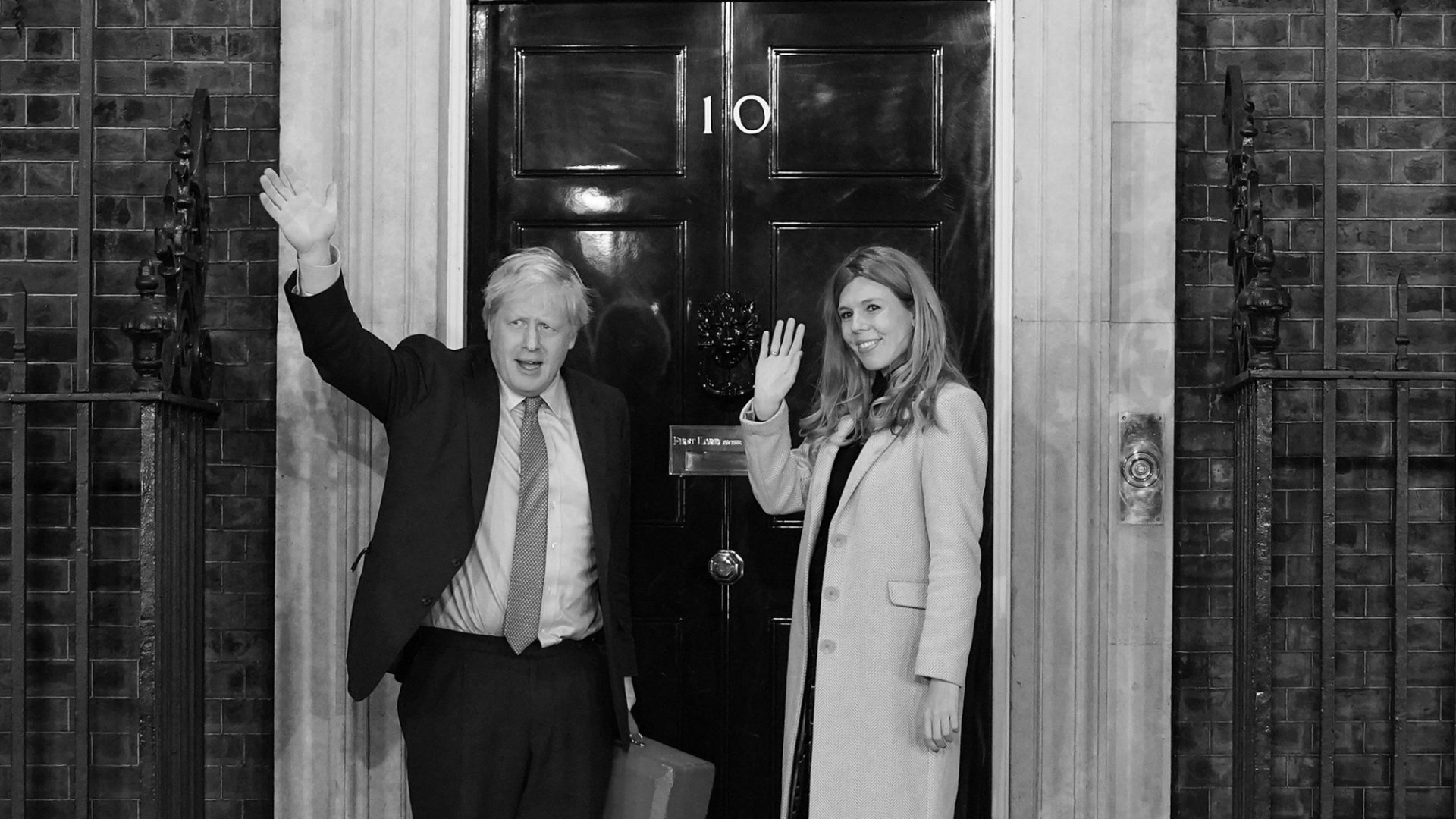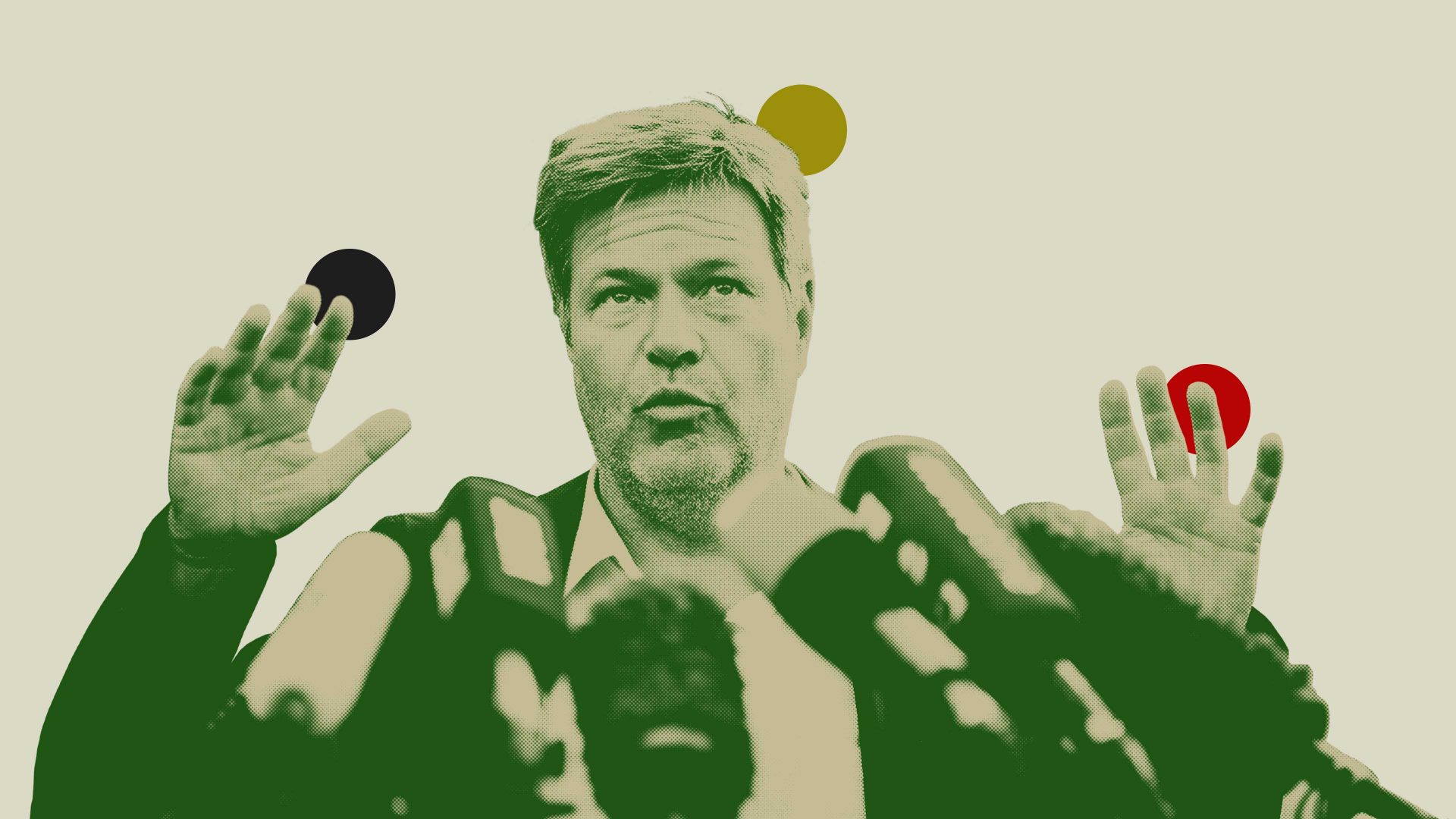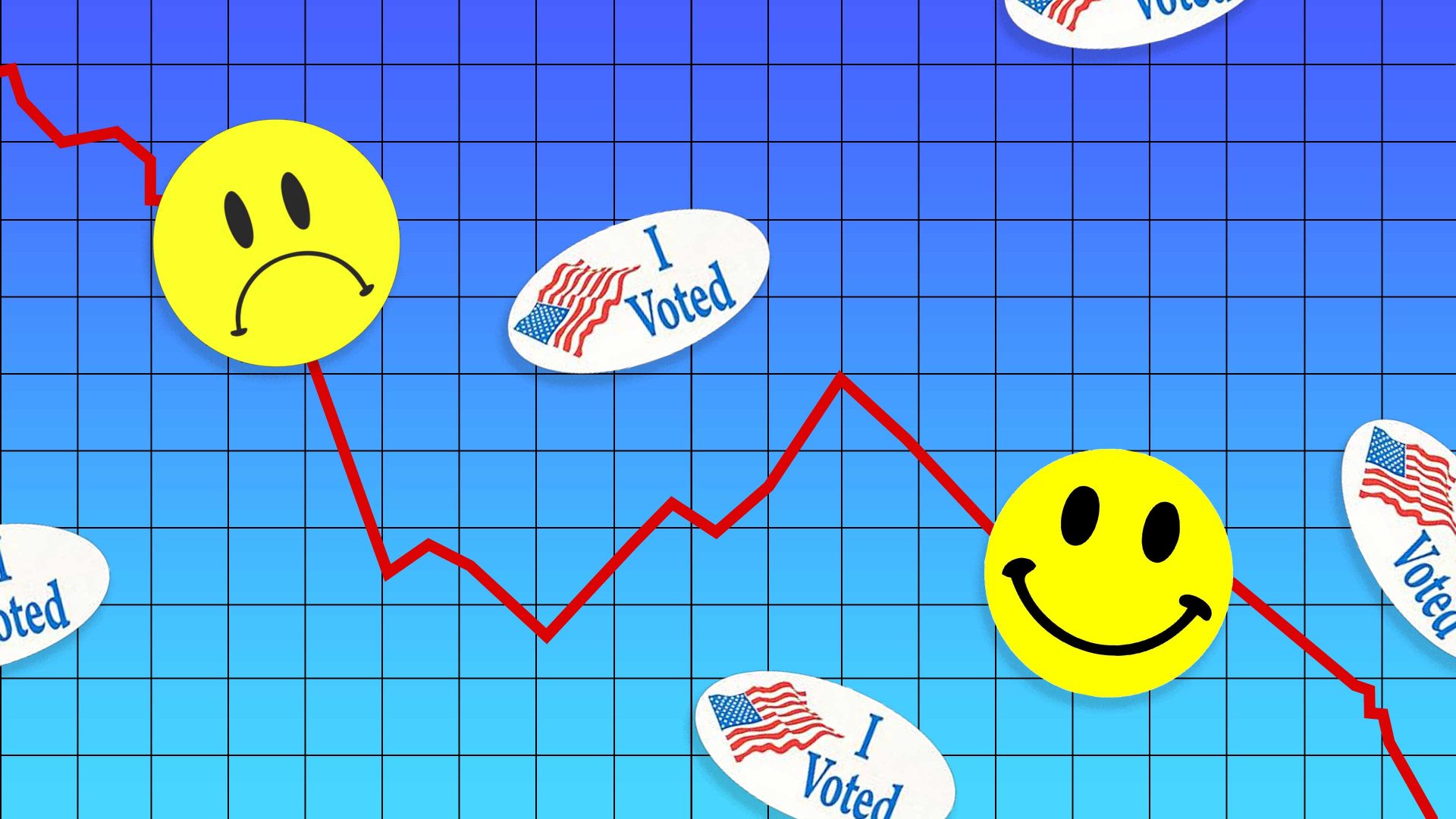About 50 pages in, it dawned on me: the wheeze, the ruse, the ploy. Because when Boris Johnson is involved in anything, there’s usually one of those. In this case, it turned out to be the cultivation of something close to gratitude.
To explain: politicians’ memoirs tend to be on the lengthy side, and I have ploughed through a fair few such doorstoppers in my time. Some of them, to be honest, have been too dull to be doorstoppers.
So as I started to read Johnson’s undoubtedly entertaining prose, with its flashes of erudition, crisp command of metaphor, and page-turning pace, I felt that initial dopamine surge you get when you finish the first chapter of a good thriller.
And therein, of course, lies what he would doubtless call the pachydermatous trap. In Unleashed, the medium is indeed the message: the Bertie Wooster breeziness; the “oh well!” inserted at the end of a paragraph describing another political car-crash; the description of Dominic Cummings as “my old amigo” and of a pathogen that has so far killed seven million people worldwide as a “frisky little critter”.
All this is literary novocaine, intended to deaden the pain of collective memory and encourage readers to chuckle along as the former prime minister recounts a career of supposed greatness punctuated only by the occasional peccadillo and – whoops! – wholly understandable mishap.
This is a big book, not a weighty one. Yes, in its literary charlatanism, there is a measure of artistry. But below the genial paragraphs throb unmistakable self-pity, foot-stamping resentment and a gargantuan case of unfulfilled ambition.
Here, for instance, is how he describes the loss of his chancellor, Sajid Javid, in February 2020: “Saj had resigned over a trivial row involving his spads”. Trivial? As Javid put it, no “self-respecting minister” could have tolerated his boss’s plan to sack all his special advisors and replace them with a centralised team in Downing Street. This marked a fundamental realignment of the relationship between the Treasury and No. 10. Oh well!
Each copy of Unleashed should come attached to a polygraph machine, so quickly do the lies fly past. “Yes, whatever the defeatist moanings of the opposition, we were building those 40 more hospitals by 2030”. No, you weren’t. “We had tackled social care.” You absolutely hadn’t.
In a section on education policy, he writes: “As soon as we got into power in 2019…” Hold on: hadn’t the Conservative Party been in power since 2010? And who is the “we” in that clause?
Now, try for size Johnson’s attempt to dismiss the partygate scandal as a fuss about nothing: “there were about 15 occasions when officials briefly slackened the tempo of their work and raised a glass to a departing colleague, or held a quiz, or marked a birthday – in the way that all offices do”.
Let’s parse that, much as Johnson the schoolboy would have done a stanza of Virgil. “About 15 occasions”: that’s rather a lot isn’t it? When the official number of parties permitted to everyone else was, you know, zero?
“Briefly slackened the tempo of their work”: by which he means, stopped work entirely, sang karaoke, danced, and drank enough booze to throw up.
“Held a quiz”: I don’t think many quizzes were being held in intensive care units.
“In the way that all offices do”: note the present tense. During lockdown, offices stopped doing any of this, precisely because of the strict instructions issued by Johnson’s government. By the final tally, Downing Street received more Covid fines than any other address in the UK.
What he presents as proof of innocence is, in fact, the smoking cake. His contemptible plea to the reader to be lenient simply revives the cold outrage that, to this day, he claims not to comprehend. Indeed, his principal mistake over partygate, he suggests, was to apologise at all.
The book’s account of Brexit is no less delusional. Can he really believe that the catastrophic breach of the UK from the world’s largest single market has been “a glorious and exhilarating adventure”? Is he mocking the reader when he calls the outpouring of fury that drove the 2016 referendum result “a fantastic statement of self-belief”? And with what possible authority does he declare that “Brexit is never going to be overturned… We are unleashed, and we will never be leashed again”?
There is, I suppose, a kind of bleak humour in his squirming claim that personal ambition did not enter his decision to back Leave; that his argument with himself was “not somehow manufactured out of narrow considerations of political advantage”. Perish the thought.
Yet again, he undermines his own assertion by admitting that he took quite seriously David Cameron’s threat to “fuck you up forever”. Indeed, the then prime minister’s warning clearly capsized him: “Did I want to be fucked up? Forever?”
His suggestion that Cameron should have stuck around after his defeat in the referendum to do the Brexit deal and that it was unfair to expect the Vote Leave team to have a plan for the UK’s departure is merely infantile. But the greatest affront is the way that he presents a campaign so dependent upon ancestral nativism and xenophobia – quietly happy for Nigel Farage’s Leave.EU to do a lot of the dirty work – as hypermodern and progressive.
Brexit, he insists, “did not actually lead to a rise in racism. It did not provoke more xenophobic attacks. If anything, the evidence shows that it did something to defuse some racist feeling”.
Is that so? Do the racist riots of August count as “evidence”? Or the 145,212 hate crime incidents logged by police in 2022-23, an increase of almost 103,000 when compared with 2012-13?
Indeed, it is instructive that he barely mentions Farage and Reform UK – except to say that the electoral surge for the hard right party in July was Rishi Sunak’s fault. By calling an election before the Rwanda policy “had been given a chance to work… we mightily cheesed off all those who were worried about our borders”.
In fact, the Rwanda idiocy cost the taxpayer £700 million, ate up two years of government, and achieved absolutely nothing – except to whip up anti-migrant feeling and besmirch the UK’s global reputation for decency. Johnson did not stand in Farage’s way. He was his chief enabler.
So far Brexit has cost the UK economy about £140 billion, rising to £311 billion by 2035. “[T]here is no doubt,” he writes, “that we owned the future in this debate”. How’s that future working out now, Mr Johnson?
His answer, naturally, would be that all would be well if he were still in charge.
But the pandemic showed in vivid detail why he should never have been prime minister in the first place. The chapters on Covid are a fever-dream of half-truths, evasions and outright falsehoods.
Under the wheels of the bendy bus go the government’s expert advisers: “The scientists changed their minds repeatedly throughout the pandemic on so many issues”. Remember when he boasted on March 3, 2020, of shaking hands with coronavirus patients? “I wish, in retrospect, that I had not done it, or at least not spoken about it” (my italics).
He claims, quite inaccurately, that Brexit enabled the UK to approve vaccines faster. His boosterish description of the shambolic testing regime is absurd.
“I needed to be out there,” he says of his own brush with Covid, “leading the country from the front, sorting the PPE, fixing the care homes, driving the quest for a cure.” As I read that passage, I recalled the Cabinet minister telling me that the residential homes were like “abattoirs” and the ICU clinician, at the end of a 28-hour shift, texting me to say that they were reduced to using Marigold kitchen gloves because the PPE on the ward had run so low.
Johnson indulges himself at length, considering the irony of a freedom-loving prime minister having to impose draconian rules that “in their rococo complexity… were also like a kind of religion”. The gods were playing a capricious trick on him: “If a conservative is a liberal who has been mugged, I was a libertarian who had been mugged by Covid”.
The solipsism of all this is breath-taking. In the UK, the pathogen has killed 232,000 people – more than half the number of Britons that died in the second world war. Yet Johnson still manages to frame this disaster as, primarily, a monstrous challenge to his personal political philosophy.
Though he often deploys the “aw shucks” idiom of self-deprecation, the character flaws to which he notionally admits are all meant to reflect well upon him. “[I]f I had been less naïve and less trusting,” Cummings and his acolyte Lee Cain would not have briefed so aggressively against him. Elsewhere, he writes that “for far too long I was way too trusting, way too optimistic about my general charm”. Rarely has governmental incompetence been presented in such a self-serving manner.
He didn’t get everything wrong. His 2019 election victory was remarkable. His instincts on Ukraine were, and are, spot on (though he is deluded in his belief that Donald Trump will come round to his way of thinking).
He was right about climate change and correct to take issue with the “attempts by my successors as PM [Liz Truss and Sunak] to move on from the green agenda, or to sneer at net zero”. He was right to nominate Kate Bingham to head the vaccine taskforce. He was right about HS2.
Yet these are the exceptions that prove the rule. This is the memoir of a man whose planet-sized ego converged with the turbo-charging, confidence-inflating effect of the ancient institutions that formed him: Eton, Oxford, the old-fashioned Conservative Party (that he did so much to wreck with his shabby populism). We have all ended up paying for this psychic collision.
The trouble is that he draws quite the opposite conclusion. If this book is an act of reckoning, it is not the author who is on trial. His spineless colleagues in the Tory Party ditched him in 2022 because – get this – they “were worried I would win [the next election], and that they still wouldn’t get the preferment they thought they deserved”.
Instead, they dumped him and went down to a terrible defeat: “We junked the agenda on which we were elected, and turned our backs on many of the people who put us in power”. If only his tribe had held its nerve: “if you ask me the counterfactual question, would I have won again if the Tories had kept me on, the answer is yes, absolutely”.
By the time you finish this 731-page memoir, you realise that it is not he, but we, the voters, who are being offered the chance of redemption. His plan for national renewal and levelling up was, he believes, undermined by Covid and sabotaged by lack of moral fibre on his own side.
But he is only 60 and his hero, Churchill, returned to No. 10 at the age of 76. In his own mind, Johnson has plenty of time.
He says he has “no idea” whether he will make a comeback, but adds: “The longer I spend away from Westminster, the stronger my belief that you should only get involved if you really think you can be useful”. Which, for a man of Johnson’s self-regard, is a pretty low bar.
The book was timed to coincide with a Tory leadership contest between candidates who barely register upon the national consciousness. The winner’s position will be precarious.
There remains, insanely, a Boris-shaped hole in the Conservative Party. So imagine the mood two years from now when the new leader is failing to make progress against a mediocre Labour government. Can’t you already hear the blue rinse mob chanting his name?
“This is not history; this is my case,” wrote Churchill in The Gathering Storm (1948). Sorry to be the bearer of bad news. But Unleashed is not a memoir at all. It’s a manifesto.




